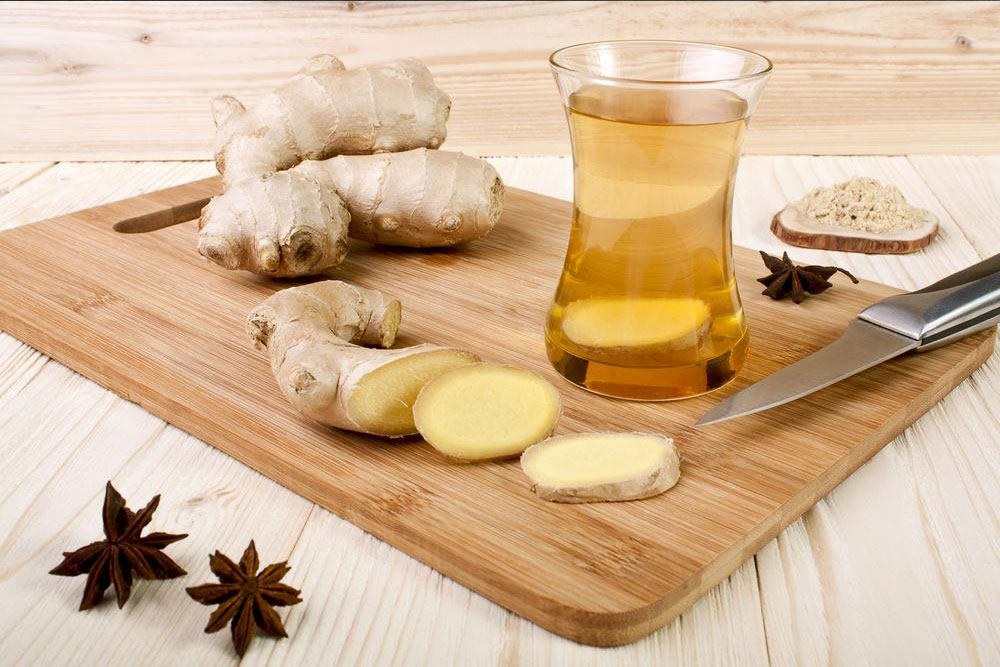Effective Strategies for Managing TMJ Disorder
Discover natural and effective methods to manage TMJ disorder, including home remedies, posture tips, and alternative therapies. Learn how simple lifestyle changes and self-care routines can alleviate jaw pain, reduce stress, and improve quality of life. Consultation with healthcare professionals is recommended for personalized treatment plans to ensure safe and appropriate management of TMJ symptoms.

Effective Strategies for Managing TMJ Disorder
Throughout the day, we perform various facial movements like smiling, chewing, and talking. For those with temporomandibular joint (TMJ) issues, these actions can become painful or difficult. TMJ affects the jaw joints and nearby muscles, causing symptoms such as jaw pain, headaches, and limited mouth movement. Treatment options depend on the severity and symptoms, often combining medical interventions with natural remedies to ease discomfort.
Home Remedies for TMJ Relief Several simple remedies can help reduce TMJ pain naturally. However, consulting a healthcare professional before trying these methods is advisable.
1. Limit Jaw Use Overusing the jaw during activities like eating can worsen TMJ symptoms. Opt for soft foods, cut hard items into smaller pieces, and avoid sticky or chewy foods such as gum to reduce strain.
2. Jaw Stretching and Self-Massage Performing specific exercises prescribed by healthcare providers can strengthen and stretch jaw muscles. One effective exercise involves placing the tongue on the roof of the mouth, opening the mouth wide while keeping the tongue in place, holding for six seconds, and repeating six times. Gentle self-massage of the jaw muscles can also relieve tension and improve jaw health.
3. Cold and Warm Compresses Using cold packs can numb sharp pain and reduce swelling, offering quick relief. For persistent pain lasting several days, applying moist heat can relax muscles and ease discomfort. Alternating between cold and heat therapy multiple times daily can be beneficial.
4. Maintain Good Posture Poor posture can exacerbate TMJ issues. Using supportive chairs at work, correcting seat angles in vehicles, and choosing ergonomic furniture while reading or watching television can help. Proper posture minimizes strain on the jaw and neck muscles.
5. Ensure Adequate Rest Quality sleep supports tissue regeneration and pain relief. Sleeping on your back with supportive pillows and avoiding stomach sleeping can prevent jaw strain. Side sleepers should avoid putting pressure on the jaw with their hands to prevent pain aggravation.
6. Address Unhealthy Habits Identifying habits like nail-biting, teeth clenching, and lip chewing is essential. These actions can worsen TMJ symptoms. Bringing awareness to these behaviors and discussing lifestyle modifications with a healthcare provider can enhance management.
Alternative Therapies for TMJ Relief Professionals might recommend additional treatments such as acupuncture, relaxation techniques, or biofeedback to help manage chronic pain caused by TMJ.










